CETYS has six distinctive elements for its educational model, within the framework of what it wants to be and how it wants to move its students towards the year 2020. One of these elements is internationalization. The institution has chosen the task of moving from a dynamic in which internationalization was equal to student mobility to one in which it develops the core skills to be globally competitive.
With the aim of training people and globally competitive professionals, CETYS seeks to be in unison with the economic blocks that exist in the world, mainly with which Mexico and Baja California have some kind of inference or interaction. And this includes in a central way the collaboration with Asia.
«This reflects what has been a gradual and increasingly structured process in which the internationalization of CETYS University has been migrating from an almost exclusive approach towards mobility to another where internationalization is understood in a broader context, which encompasses both the student and faculty mobility as well as collaboration in programs and projects, and linking with multi-national companies», said Dr. Fernando León García, President of CETYS University.
The institution has various relationships with Asian companies located in Baja California and its corporations; some of them are Panasonic, Foxconn; Taiwan company and one of the main suppliers for Apple, SMK; Japanese company and, like Foxconn, is part of a program of the CETYS University called «Forjadores de la Educación». Integrates companies that, as part of their social responsibility, support education and are willing to enter into a link to generate synergies. Samsung, a Korean company and a global leader, has an annual scholarship program in the Zona Costa (Tijuana and Ensenada), where one or more of our students usually obtain that scholarship.
Another example, also linked to Asia is the Kyoto Scholarship, an annual recognition, promoted by San Diego and Tijuana within the framework of the relationship with Japan.
CETYS University has MOA’s with universities in Asia such as:
Korea:
- Yonsei University
- Korea University
- Hanyang University
- Sungkyunkwan University
- Hankuk University of Foreign Studies
China:
- Beijing Normal University and Capital Normal University: both agreements focus mainly on business administration and framed mobility in a scheme of student groups.
- Northwest Polytechnical University in Xi’an and Hunan Normal University in Changsha.
- Polytechnic University of Xi’an, institution considered as number 3 in the aerospace sector in China.
Taiwan:
- National Sun Yat-Sen University, a collaboration has been focused essentially on students, although recently there was a forum with rectors on issues of Asia Pacific.
- I-Shou University: young, private university; It was founded by someone who was very successful in their business and who, as a social return for Taiwan, created a university.
Japan:
- Osaka University of Commerce.
- Kobe Design University, a more specialized institution, part of the Tanioka Educational Group.
- JF Oberlin University, the link arises from the membership that CETYS has in the International Association of Rectors.
The agreements with such universities include the mobility of students, as well as the visit of professors and managers of the institutions who have participated in congresses, meetings, and Asia Pacific forums organized in Baja California, where industries, companies and governments converge. CETYS professors have attended international conferences in Sungkyunkwan and Hanyang, and have given courses in these institutions.
In the future, the institution seeks to sign an agreement with other countries such as Thailand and Singapore. «In 2018, the goal is to formalize one or perhaps two agreements with the main universities in Singapore, perhaps Nanyang Technological University, because it has an engineering focus, or with Singapore Management University. We have the advantage that our graduate who was in Korea now works in Singapore, a very important connection that we should not miss. Another country that is not Asian but is part of the Asia Pacific region, although some say Asia Pacific and Oceania, and we are interested in Australia, «concluded Dr. León García.
The above was discussed in an interview for the portal of the Network on Internationalization and Academic and Scientific Mobility (RIMAC), by Dr. Fernando León García, Rector of the CETYS University System.

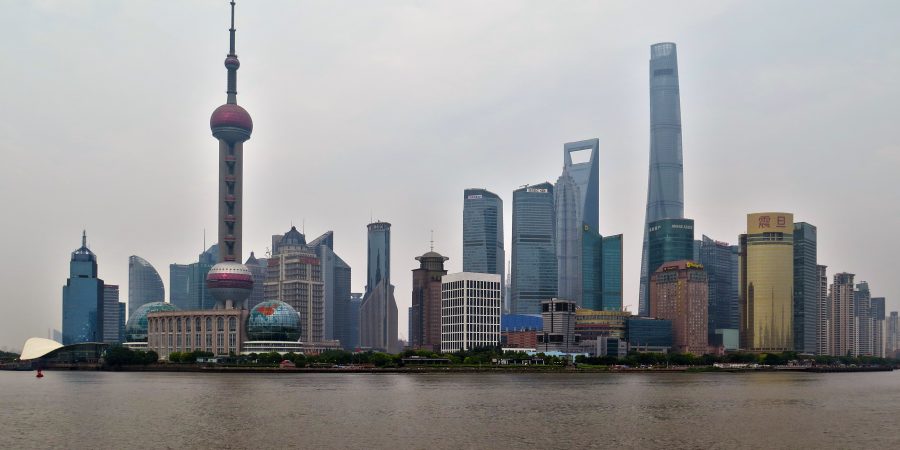

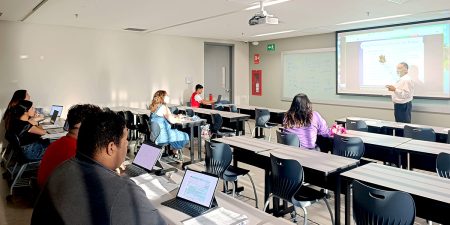
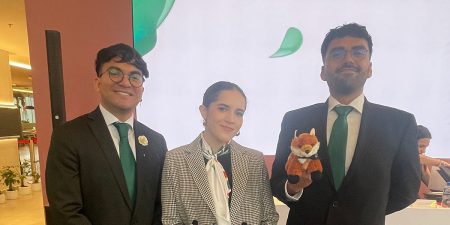
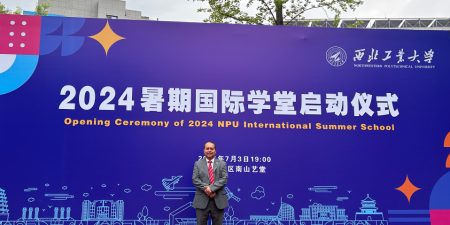
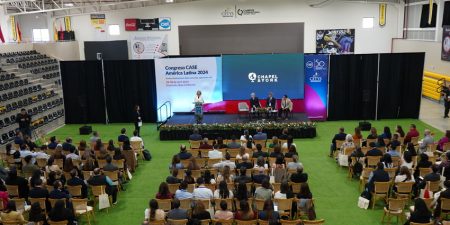
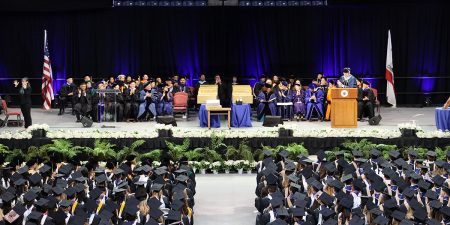
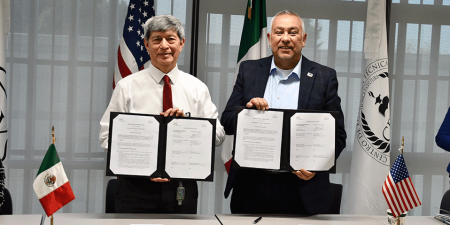
Leave your comment